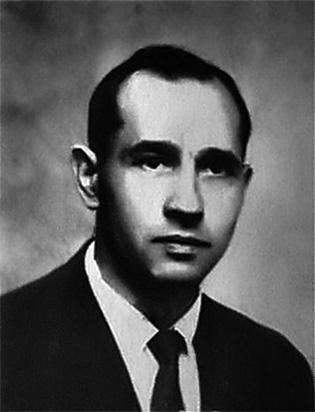Remigration or return? Back to the old homeland as a Ruhr Pole

After three years working at the colliery, Józef met my great-grandmother Anna Maria Galewska in 1921. Anna’s family also came from the Province of Poznan – from the village of Koryta in the district of Krotoszyn. Her parents immigrated to the Ruhr area in 1895. Anna Maria’s father Tomasz, my great-great-grandfather, was also a miner at Osterfeld colliery. Tomasz Galewsky and his wife, Maria, could not speak German. They only picked up a few German words from their five daughters who went to school here. The Galewsky family had been living in a colliery house of the settlement Stemmersberg in the municipality Osterfeld since 1903.
Anna and Józef’s wedding followed quickly. For her, like many other Polish immigrants, a marriage with a German would have been inconceivable for many reasons. The Poles were called “Polaken” by the Germans and were regarded as second-class citizens. Discrimination against non-German Ruhr Poles was the order of the day. Most Poles therefore took refuge in a Polish parallel society after work, and remained among themselves. Being “foreign” in Germany, having a common language and culture, family pressure and the proximity of the company housing estates prevented intercultural marriage for a long time. Hence Anna Maria’s four sisters also had Polish husbands – even from the Province of Poznan. Her oldest sister Pelagia had already returned to Poland in 1919 with her husband.
In 1922 Anna and Józef’s first child was born. This was my grandmother Henriette. Initially the young family lived in a very cramped room in the home of Józef’s parents-in-law, until they were able to move into their own apartment on the outskirts of Osterfeld in 1924. Henriette grew up with her two younger brothers Jan Józef and Edmund. Like many other Polish children in the Ruhr, in the 1930s they spent their summer holidays regularly with their relatives in Poznan. From Oberhausen central station there was a special train for the children of Ruhr Poles, with which Henriette also travelled every summer to her grandparents, the Tomczaks in Poznan. Here, as in Osterfeld, the family ties were very strong. Every weekend the whole family got together: uncles, aunts, and cousins. They ate and drank and danced together. Socializing together was a central aspect of family life.
After finishing primary school my grandmother Henriette completed an apprenticeship as a sales assistant.
At the beginning of the 1940s Henriette met her future husband, my grandfather, at a dance. He was a musician in an orchestra. Apart from drums and trumpet he played the violin. His name was Heinz Johannes Mlinski. He was also a Ruhr Pole, and had been born in Bottrop in 1921. His family originally came from Smolno in the district of Puck, Pomerania. His father, Daniel Paweł Mlinski, was also a miner and worked at the Prosper colliery in Bottrop. In 1945 my grandparents Henriette and Heinz Johannes were married. They had two daughters: their eldest daughter Jutta was born in 1946, and my mother Marlies was born in 1950.

























